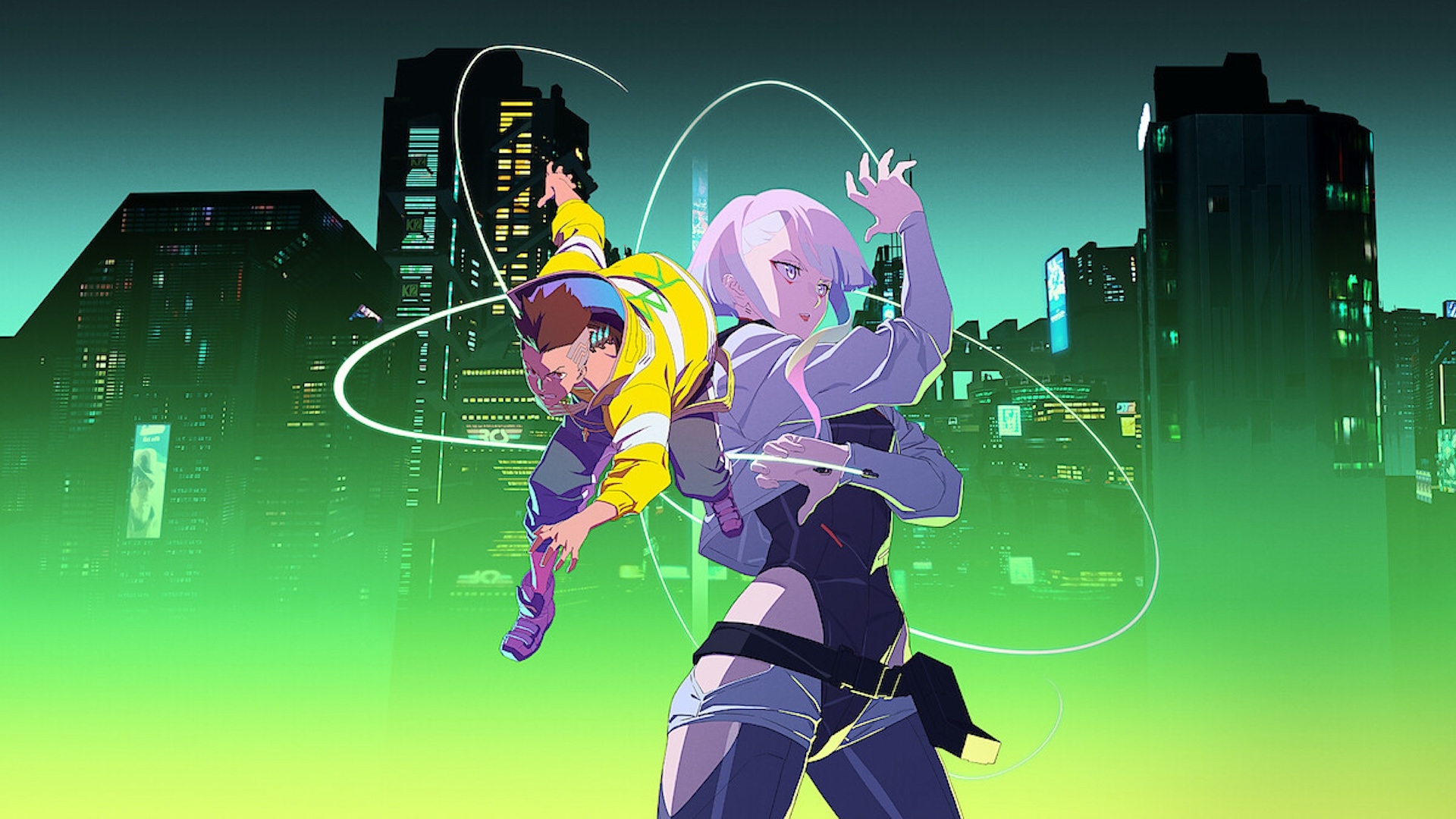
After being diagnosed with motor neurone disease at the age of 22 and being given just a few years to live, Stephen Hawking could have resigned himself to a short, unhappy life. But instead, the scientist managed to outlive all expectations – and made a lasting legacy on the face of modern science.
And an important part of his inspirational legacy is his message on how to face depression and mental illness. Delivering the Reith Lecture at the Royal Institute in London in 2016, the physicist made a poetic plea to the 400-strong crowd to never give up, even on your darkest days.
He said: “The message of this lecture is that black holes ain’t as black as they are painted. They are not the eternal prisons they were once thought.
“Things can get out of a black hole both on the outside and possibly to another universe. So if you feel you are in a black hole, don’t give up – there’s a way out.”

Later, answering a question from the audience, Professor Hawking said he had learnt to appreciate what he had in his life.
“Although it was unfortunate to get motor neurone disease, I have been very fortunate in almost everything else,” he said.
“I have been lucky to work in theoretical physics at a fascinating time and it’s one of the few areas in which my disability was not a serious handicap.
Get exclusive shortlists, celebrity interviews and the best deals on the products you care about, straight to your inbox.
“It’s also important not to become angry, no matter how difficult life may seem because you can lose all hope if you can’t laugh at yourself and life in general.”
Hawking was also an inspiration for people dealing with physical illness and disability.
Deaf artist Nyle DiMarco said on Twitter: “Stephen Hawking… A testament that disability is not ‘inability’ and that people with disabilities can achieve anything they set their minds to.”
Labour MP David Lammy added: “As well as his legacy as a brilliant scientist I hope we can ensure that Stephen Hawking’s legacy serves as a reminder and an inspiration that those faced with huge obstacles and physical disabilities can overcome them to achieve greatness.”
(Images: Getty)
Digital writer for Shortlist.com / @harveyday94 / harvey.day@shortlist.com

